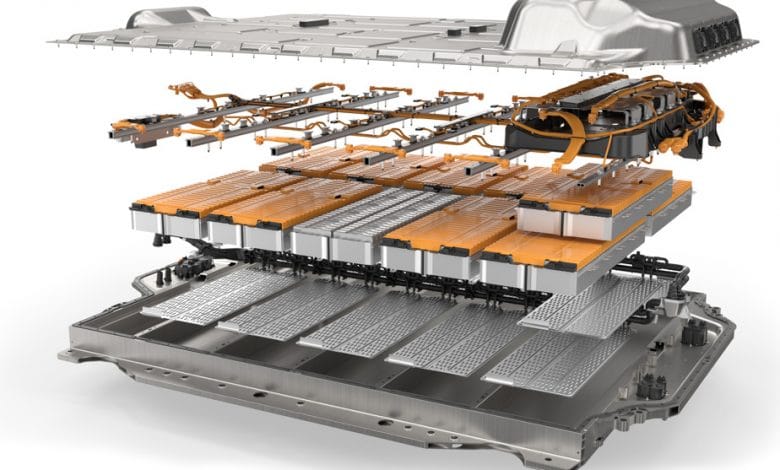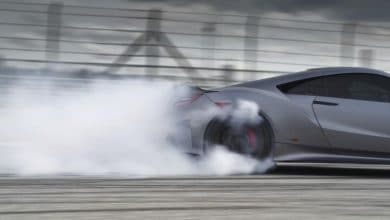Electric cars | Tomorrow’s battery will be dry

It is lighter, offers higher energy density and recharges faster. These are the main qualities of the dry battery on which the entire automotive industry is currently working.
No one seems to be able to say when this will power our vehicles. But what does this battery dry? Basically, it is a battery that does not include liquid electrolyte, source of the high weight and high temperature risks of lithium-ion batteries that equip current electric and hybrid vehicles.
This battery, which is characterized by its lightness, but also its compactness, also offers several other advantages. Indeed, it allows more energy to be stored, supports higher (and faster) recharging voltages and would also cost less to produce.
Toyota believes that it will be the first to offer this battery, without however specifying when it will be marketed on a large scale.
More sure
The Japanese number one admits that his work on the dry (or solid) battery makes him believe that this generation of batteries will be safer and offer increased performance compared to current lithium-ion batteries, but is careful not to quantify these advances. . General Motors is also working on it, but believes that its Ultium batteries, which will notably power its future Hummer EV and Cadillac Lyriq, have not yet reached their ultimate stage of development.
By 2025, the American giant estimates that the batteries will produce twice as much power and that their price will drop by some 60%. That said, most analysts and laboratories involved in research on this dry battery believe it is unrealistic to consider mass marketing before 2030.












